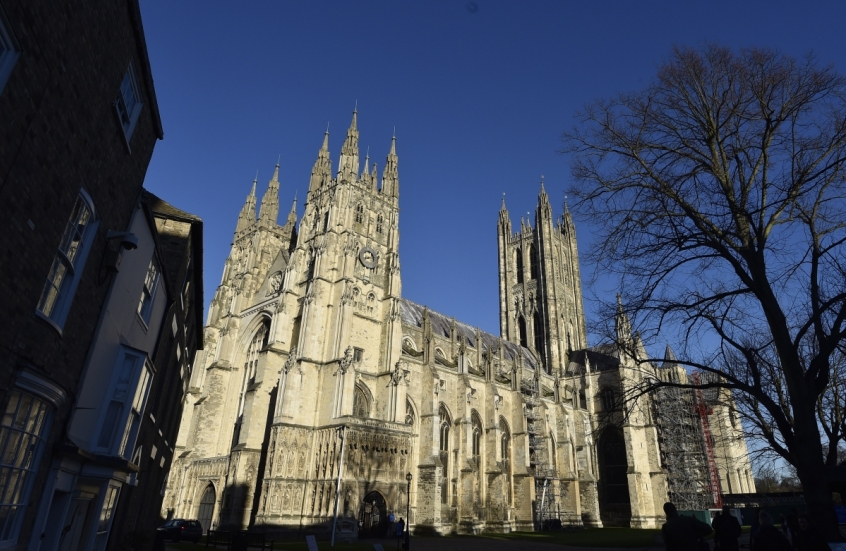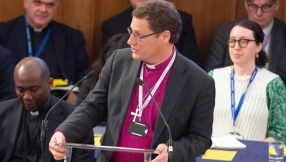The Church of England is to plant more than 100 new churches in coastal areas, market towns and outer urban housing estates.
The scheme will see new Christian communities in areas including the Kent coast, housing estates in Plymouth and market towns in Cambridgeshire at a cost of £27 million.

The plans have been backed by the Archbishop of Canterbury Justin Welby as a 'wonderful example' of how churches are seeking to be faithful to God and to serve their communities.
He said: 'The Church of England exists to share the good news of Jesus through our words and our actions. Across the country, churches are bursting with life – which in part is shown through how they love and serve their communities. I'm especially pleased about these grants because they demonstrate our commitment to following Jesus to the places of greatest need in our society.
'These projects are wonderful examples of how churches are seeking to be faithful to God – and faithful to their communities in love and mission. Through their innovation, they signal a growing determination in the Church to share the good news of Jesus Christ in ways that make sense for those in our most deprived communities.'
In Canterbury diocese, a pioneering café-style church called 'Ignite' in Margate, Kent, is to be used as a blueprint for nine new worshipping communities in the coastal towns of Herne Bay, Sheerness on the Isle of Sheppey and St Peter Port in Guernsey as well as Sittingbourne, Maidstone and Ashford.
The Ignite project was founded at St Paul's Church in Margate 10 years ago, aiming to reach marginalised and deprived communities in the town.
Other dioceses to receive funding are Bristol, Ely, Exeter, Leicester, Manchester, Newcastle, Peterborough, Southwell and Nottingham and Worcester.
The grants from the Church of England's Strategic Development Fund have been awarded to the dioceses as part of the Renewal and Reform programme aimed at creating a growing church in all places for all people.
In many cases the projects are intended to kick-start further growth. In Leicester
money will go to supporting a network of six existing churches in key city centre and market town locations that will provide clergy and help support more new churches in the area. The aim is to see an increase in the size of the worshipping communities within the six churches by 1400 people, to establish 20-50 worshipping communities and to see around one new 'fresh expression' of church, or new form of church gathering, every two years alongside strategic church 'plants' every four years.
Southwell and Nottingham plans to develop 75 new worshipping communities by 2023 along with a School of Discipleship to focus on the spiritual formation and training of lay disciples and leaders in mission.
In Newcastle the diocese aims to promote church life in the city centre by creating a church there that will provide clergy and support to other churches in the area. The church is targeting 17 to 45-year olds who study, live and work in the city centre. This includes around 67,000 students, as well as city workers and their families.













